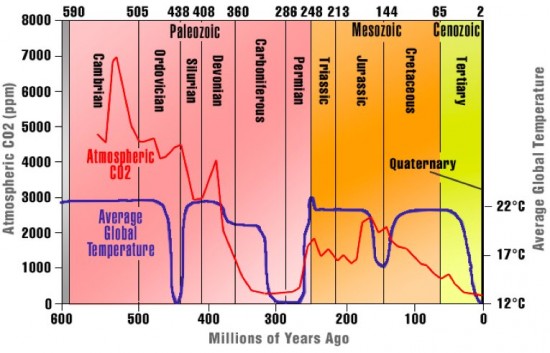© Brighteon.com All Rights Reserved. All content posted on this site is commentary or opinion and is protected under Free Speech. Brighteon is not responsible for comments and content uploaded by our users.
The role of the Anunnaki in creating modern homo sapiens is clearly
described in Sumerian cuneiform texts, which outline the principal
Anunnaki scientists involved in genetic experiments that spanned
millennia. These Anunnaki scientists created two distinct branches of
humanity: one was a suitable host for the Anunnaki to incarnate into on
Earth and the other branch formed a slave species to be controlled by
the former.
The chief Anunnaki scientist responsible for the genetic experiments was
Prince Ea, aka Enki, who created multiple versions of humanity with the
assistance of his sister, Ninhursag. It’s clear from Sumerian records
that different-sized humans were created who varied in intelligence and
fertility. Some humans were intended to be workers, others were to be
soldiers, a select few would be intermediaries with the Anunnaki, and
finally, others would become avatars for the Anunnaki to use while
staying on Earth. This explains the variation in the size of giants,
since Anunnaki society used social status to determine the size of the
human avatar an individual would use while on Earth.
Different factions within Anunnaki society held opposing views and
argued over the future role of these two branches of humanity, including
the extent to which human slaves would be allowed to evolve organically
into their fullest potential. Enki’s half-brother, Enlil, orchestrated
the great flood around 9600 BC. Enlil believed that humanity had
advanced far too quickly and become a big problem for the Anunnaki as
overlords, so humanity needed to be radically culled. According to
historical texts such as the Atrahasis, Enki objected and prevented a
select group of humans from being obliterated, thereby saving his
genetic experiment. The Atrahasis tells us that Enlil was enraged by his
brother’s deed. Consequently, Enki left our solar system taking his
core scientific team with him. However, 12 of his trusted colleagues
were left behind and went into hibernation to await humanity’s
eventual recovery from the flood or Enki’s return. Enki’s departure made
it possible for Enlil’s scientists to subsequently manipulate human
DNA, and dramatically shorten the human lifespan from a thousand years
to under a hundred, as evidenced in Sumer’s Kings List, Egyptian
records, and the Bible.
According to multiple credible sources, Enki has returned to our solar
system and his former Anunnaki scientific colleagues are waking up from
their stasis chambers. Is this something to be welcomed? Are there
other, more unfriendly giants also awakening who pose a genuine threat
to humanity? Whatever happened to Enlil and his minions, are they still
manipulating human DNA or have they been made to account for their
crimes? Has Enki brought back humanity’s original Adamic DNA blueprint
that will reverse the damage done to human DNA by Enlil and his cronies?
Finally, how does the legendary Tree of Life fit into this complex
mystery?
In addition to addressing the above questions, Dr. Michael Salla will
also:
• Identify the role of different leading Anunnaki figures in creating
and manipulating modern homo sapiens.
• Discuss recent updates about the return of Enki.
• Reveal how the Enlil faction of the Anunnaki will be punished for
their crimes.
• Cover the awakening of different Anunnaki giants from stasis chambers
in Florida and elsewhere.
• Examine the possibility that Adamic DNA can be restored to humanity in
a way that significantly impacts human health and longevity.
• Explain the connection to Mesoamerican myths associated with the
return of Quetzacoatl.
• Examine the possibility that Adamic DNA can be restored to humanity in
a way that significantly impacts human health and longevity.
• Offer the latest updates about the existence of a Tree of Life and so
much more!
This video also includes a ‘Special Panel’ in Part 2 featuring the
legendary Alex Collier and a former professional French archeologist,
Elena Danaan, discussing the presentation topics in greater depth and
sharing their latest intel. The Q&A following the panel is also
included in Part 2.





